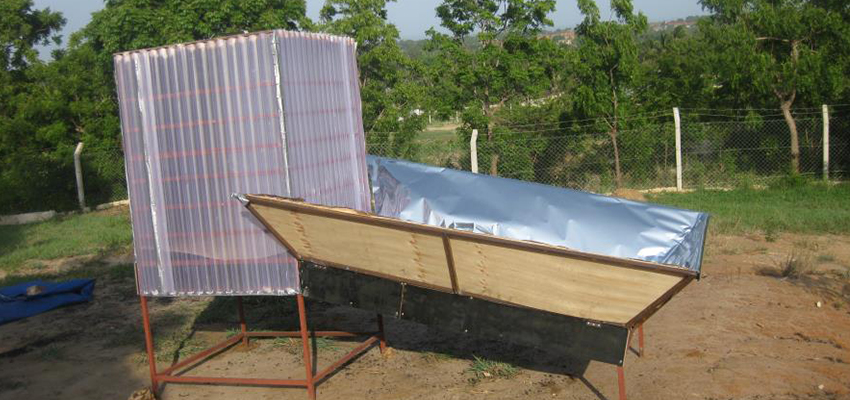
![]() ARTI Charcoal Solar Briquette Dryer Improvement Project Report
ARTI Charcoal Solar Briquette Dryer Improvement Project Report
In sub-Saharan Africa, 4 out of 5 households depend on charcoal and wood for cooking and heating in their homes. Most of the charcoal is created from wood, which can contribute heavily to deforestation. At the same time, many agricultural waste products have combustible properties that are not taken advantage of. The D-Lab Scale-Ups program has partnered with the Harvest Fuel Initiative and ARTIAfrica to produce charcoal briquettes from these organic waste products. These charcoal briquettes can be used in place of traditional wood-based charcoal, to help alleviate the problem of large-scale deforestation that the use of traditional wood charcoal briquettes creates.
ARTI-Africa’s charcoal briquette production plant near Dar es Salaam, Tanzania recently changed locations to allow for a higher production rate. The new machinery can produce over 5 tons of charcoal briquettes per day – a five-fold increase over the old plant. However, drying the charcoal briquettes has become a bottle-neck in the production process. Sun-drying can take up to 10 days per briquette, and there is not enough space at the factory site to allow the full capacity of briquettes to be produced and dried. While previously briquettes were laid out in the sun to dry, a solar dryer prototype has been designed and built to help speed up the briquette drying process. However, initial tests of the dryer show little improvement over conventional sun-drying.
This past IAP, tests were run on the initial dryer to determine its drying capabilities. Improvements were made, and subsequent tests found increases in the dryer’s ability. However, the final dryer’s capability and capacity were still not as good as conventional outdoor drying, so it seems that the cabinet dryer is not the best solution to the drying problem for charcoal in Tanzania.

